"We're not the first ones to come up with this idea of a QTPOC space," admits Oscar Nunez, DJ and founding member of Papi Juice, "but there was a secret magic we have that brought people to us."
In 2013, Oscar Nunez and fellow DJ Adam Rhodes were tired of going to parties catering to white, cisgender gay men -- and were thus inspired to create a party that centered queer and transgender people of color. In the years since, they've brought on illustrator Mohammed Fayaz and expanded from their original 72-person capacity bar to a venue with an occupancy 10 times that. In turn, they've established Papi Juice as an internationally recognized art collective.
From the beginning, the creators were explicit about their intentions, right down to the tagline: "celebrating queer and trans people of color and the people that love them." At the time, "that wasn't necessarily language that was included in or associated with parties," says Nunez.
Creating an intentional nightlife space -- something the group has even taught a workshop on at MoMA PS1 in New York -- is "about making sure what you're doing reflects the people you're inviting" and that "everything you make reflects the general community coming through those doors," Nunez says.
"You grow up as a baby queer and you think that once you start going out, you'll be able to find community," recalls Fayaz, who says that nightlife often felt "alienating" until he found Papi Juice. Now, the community they have built has grown beyond even the group's own parties, launching their work into a larger conversation within the history of QTPOC nightlife in New York City. (The art from their fliers was recently featured in a post-Stonewall exhibit at the Brooklyn Museum of Art.)
"We are part of a legacy of people who have been doing similar work for years," Rhodes explains. "Seeing colleagues emerge and get bigger has been amazing. I love that there are more parties that are specifically serving our people. They're creating spaces where we can be celebrated in all of our beauty and diversity."
Now that they're working at a higher caliber, Papi Juice has the ability to bring in talent from all over the world and pay them well above industry standard. They invest in lighting and set design so that each event feels unique, and try to create a welcoming atmosphere from the moment someone's Lyft drops them off at the curb. "As queer people, we face so much antagonizing energy," says Nunez. This has prompted a close relationship between the group organizers and each venue's security team, to ensure that their patrons feel both safe and welcome, and professionals are using appropriate language and conflict de-escalation practices.
At this year's BOFFO Performance Festival on Fire Island, Papi Juice closed out a weekend of programming with a beach party. "Fire Island, in my experience, has been majority white and cis and masc," says Rhodes, "and what I'm looking for in nightlife is what we brought there. We brought the QTPOC folks out to Fire Island and created this amazing thing that we all needed."
Nunez closed the party with a Cher track -- one that perfectly encapsulated the party's triumphant atmosphere of possibility: "'Believe,'" he says. "Obviously!"
This story is a break out from Out100's Culture and Entertainment package. Read about Bowen Yang, Charlene Incarnate, and the Drag Queens of the Year in other breakouts as well as a listing of all of Out100's film, television, and music honorees.
This piece was originally published in this year's Out100 issue, out on newstands 12/10. To get your own copy directly, support queer media and subscribe -- or download yours for Amazon, Kindle, or Nook beginning 11/21.



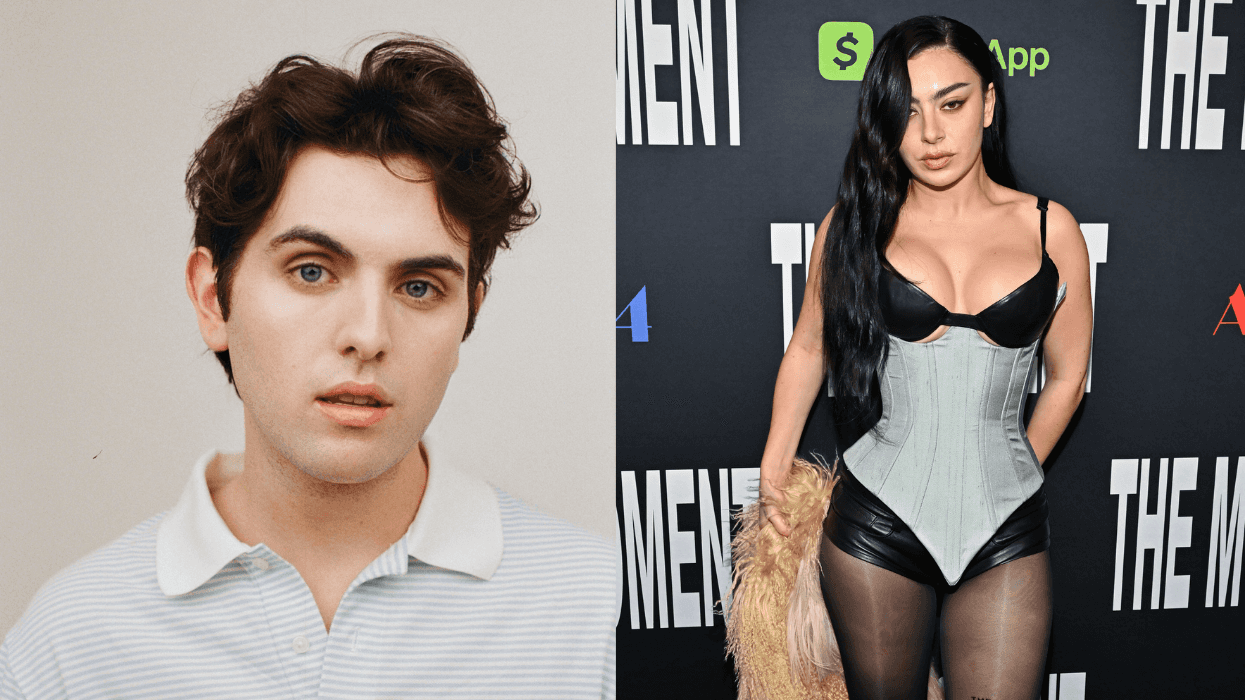
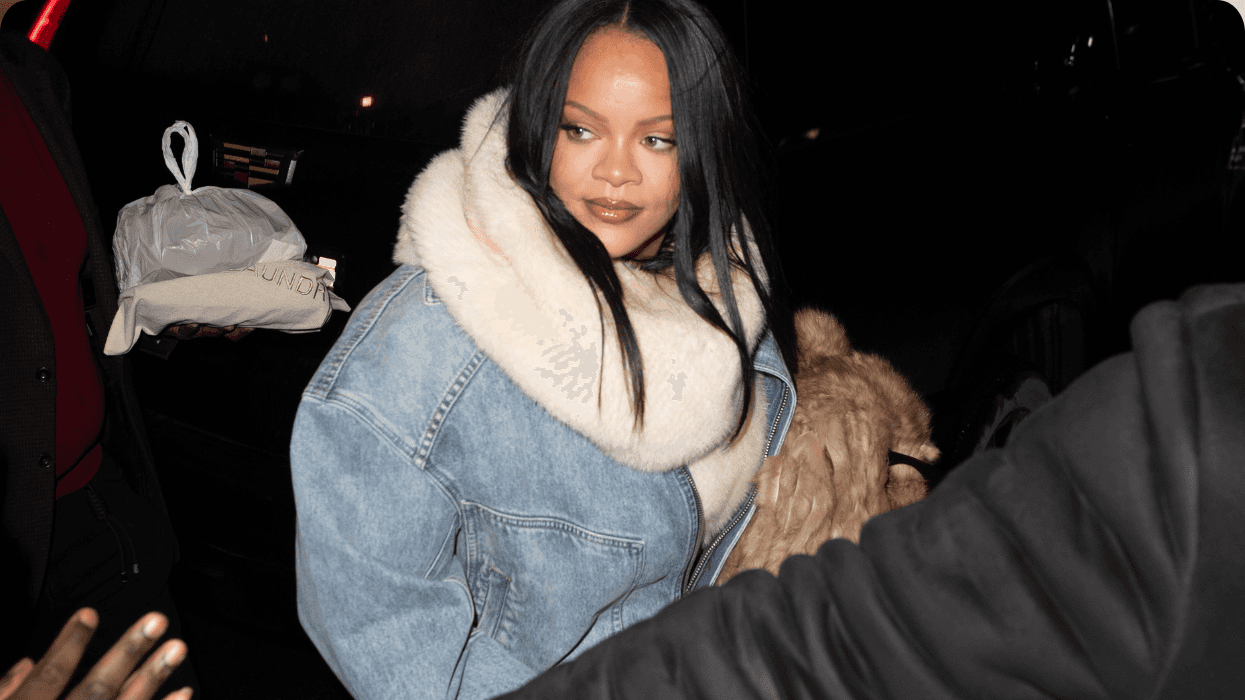
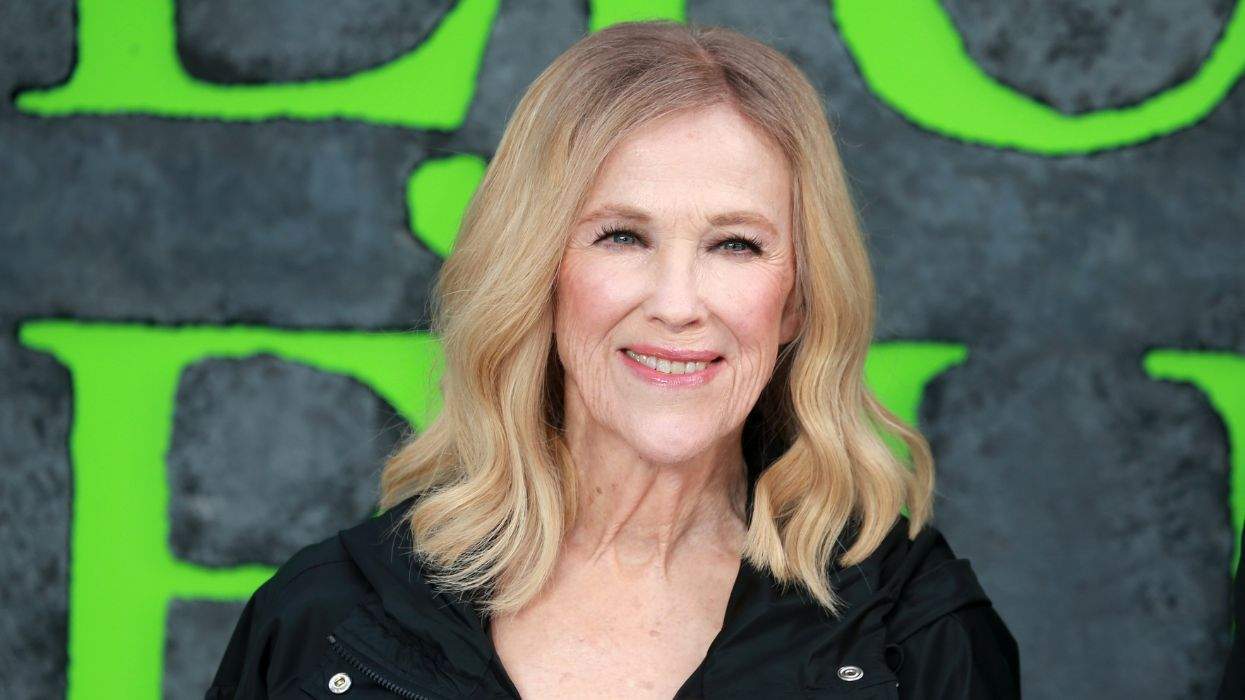
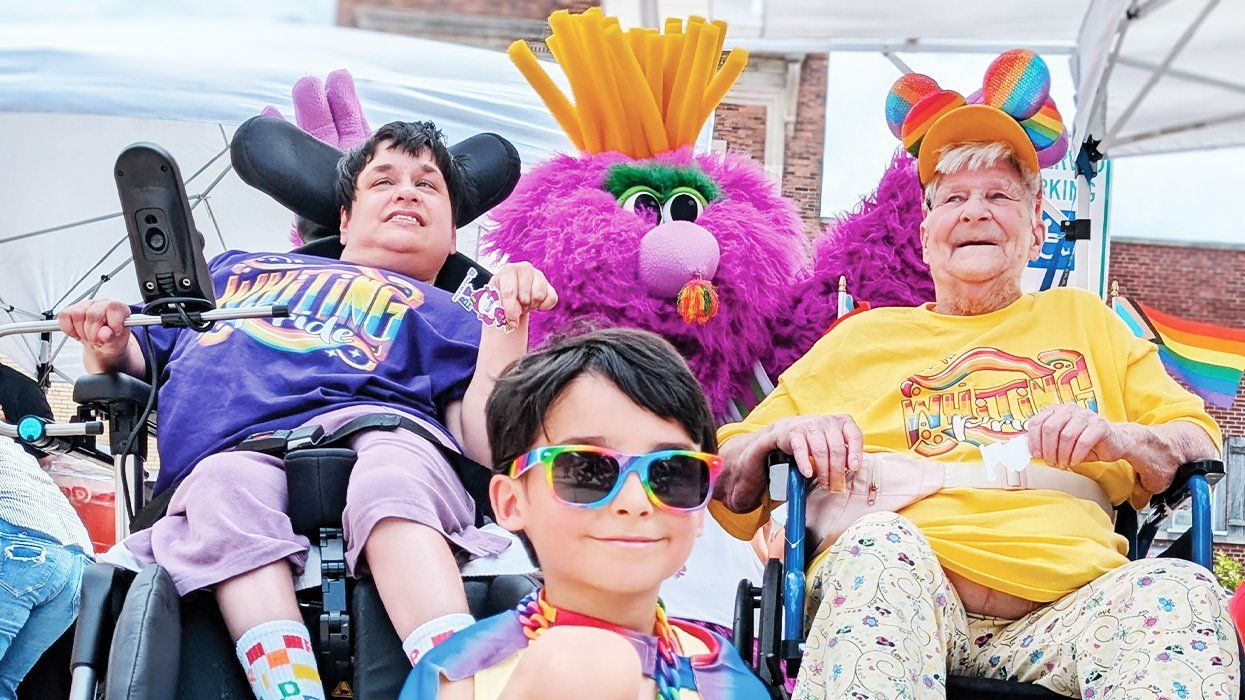


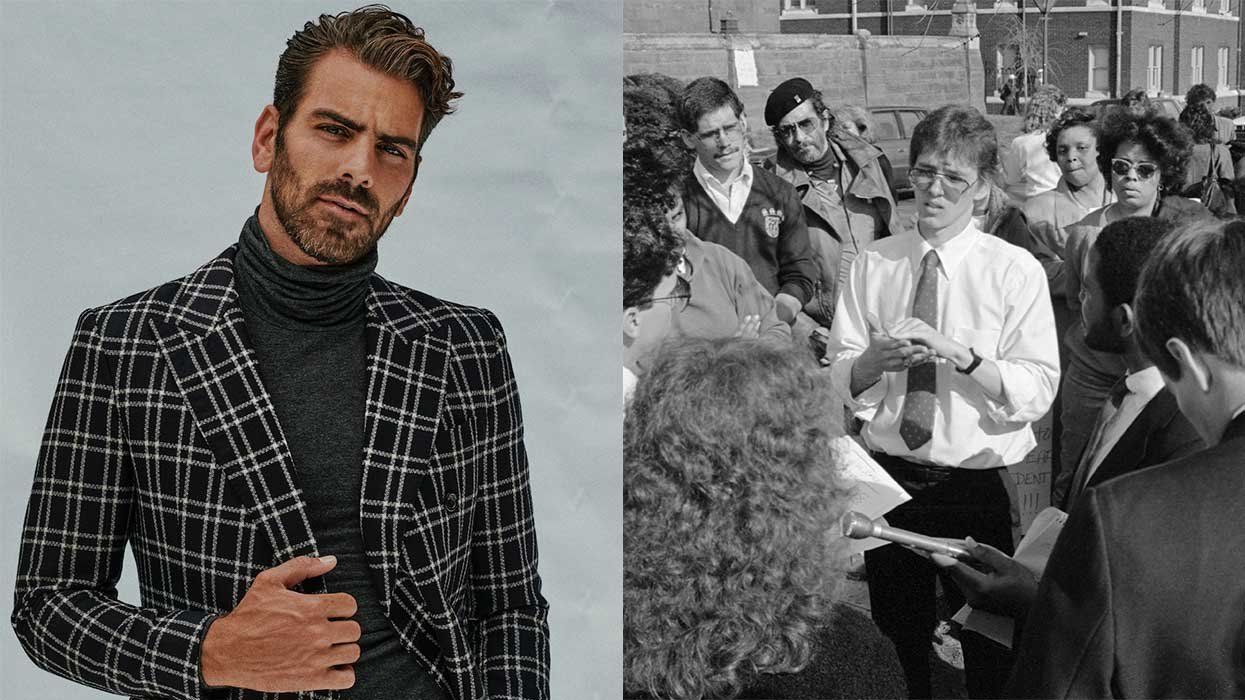
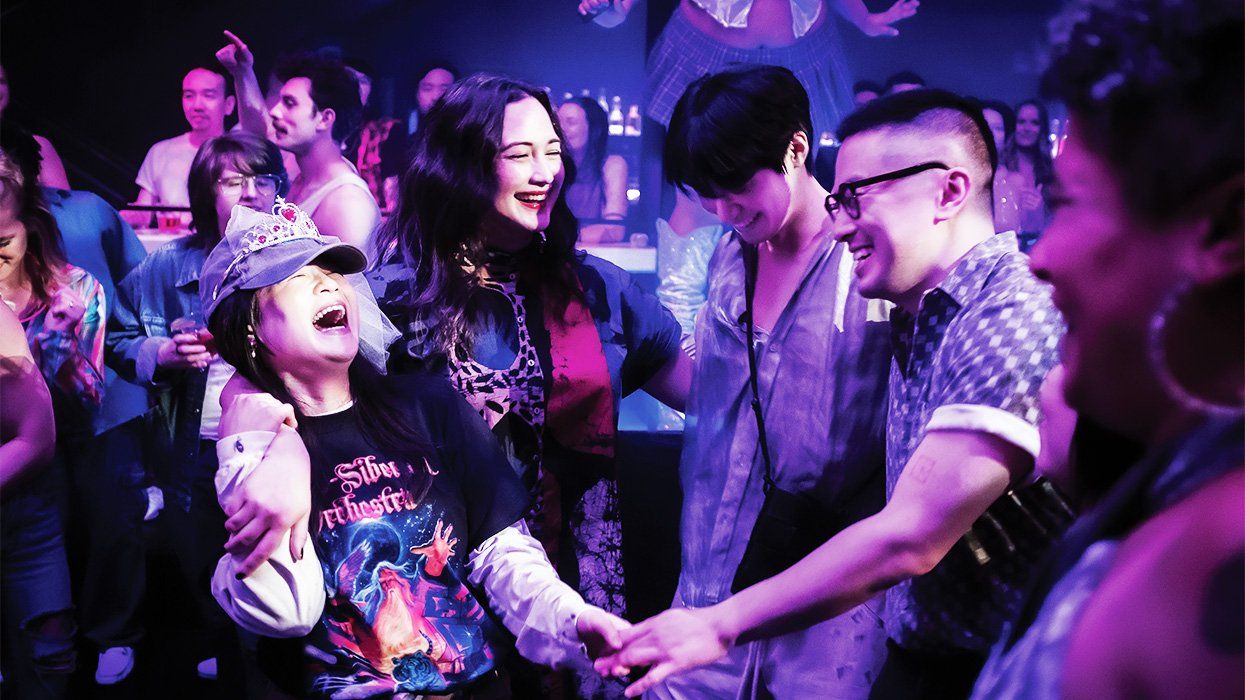
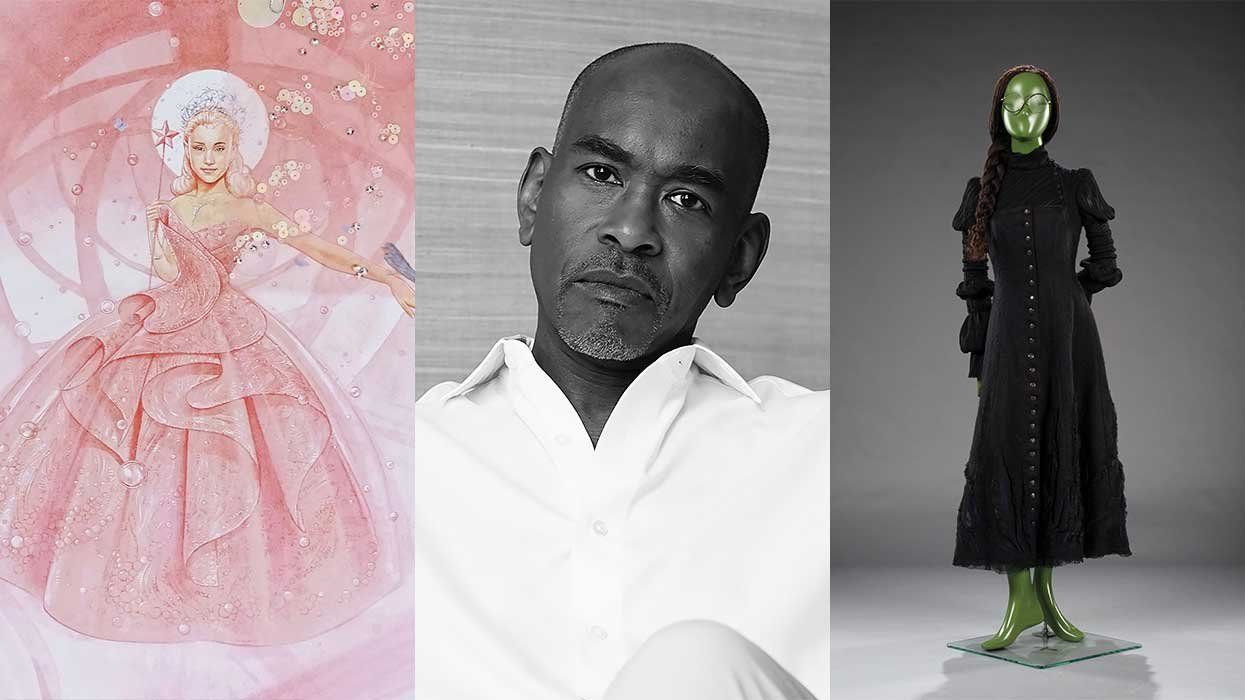


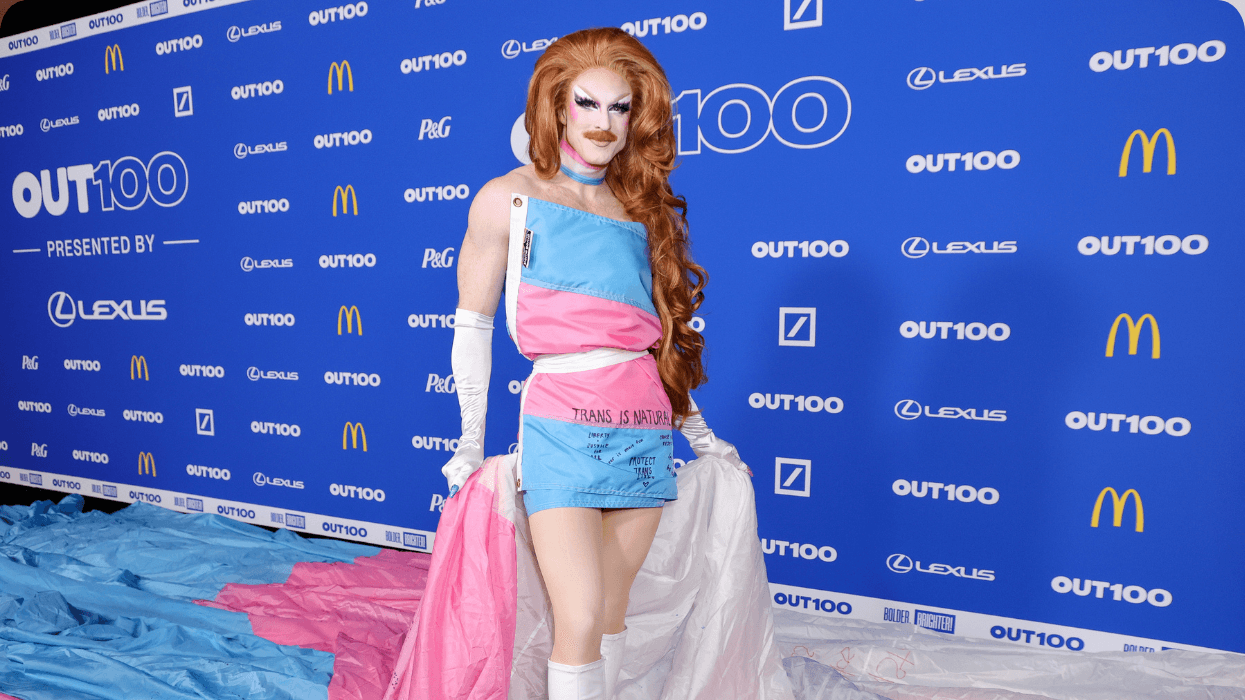
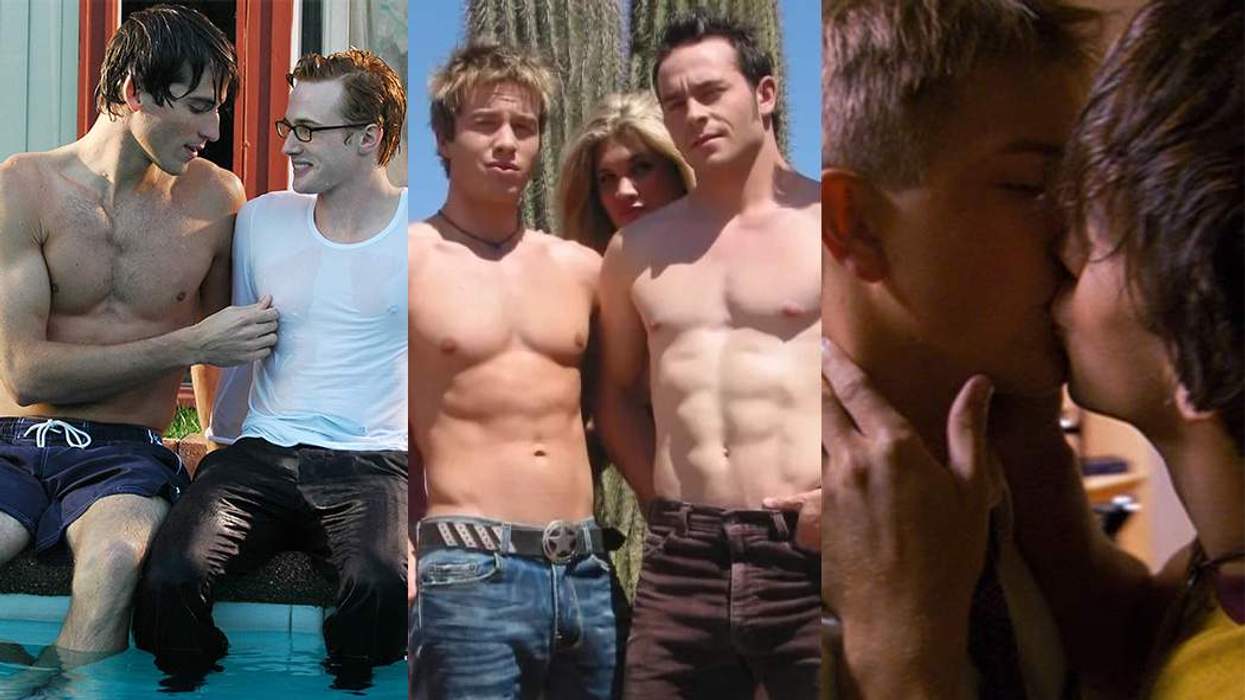

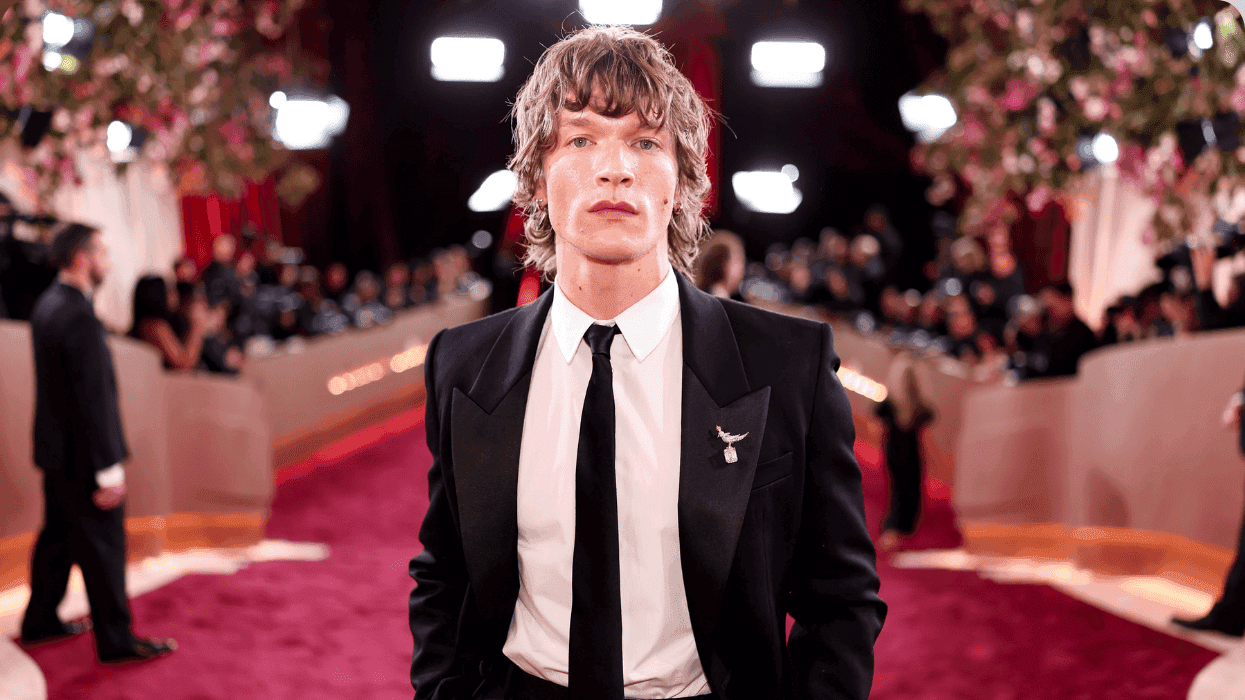
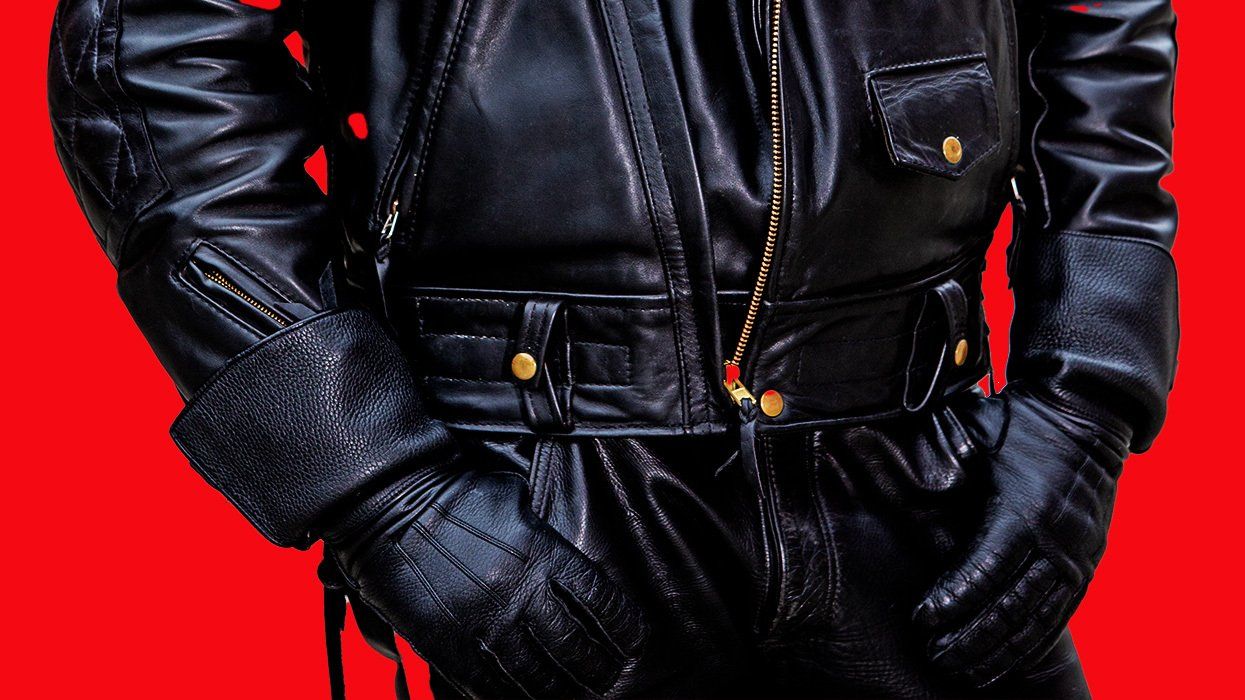
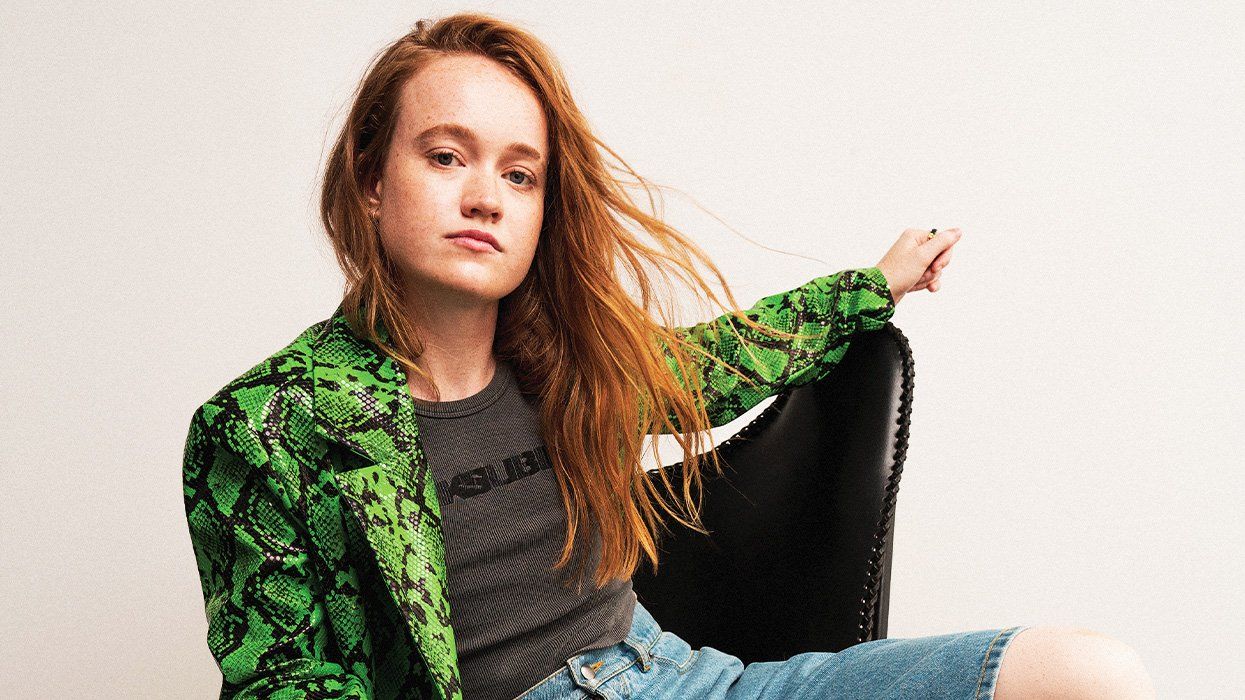
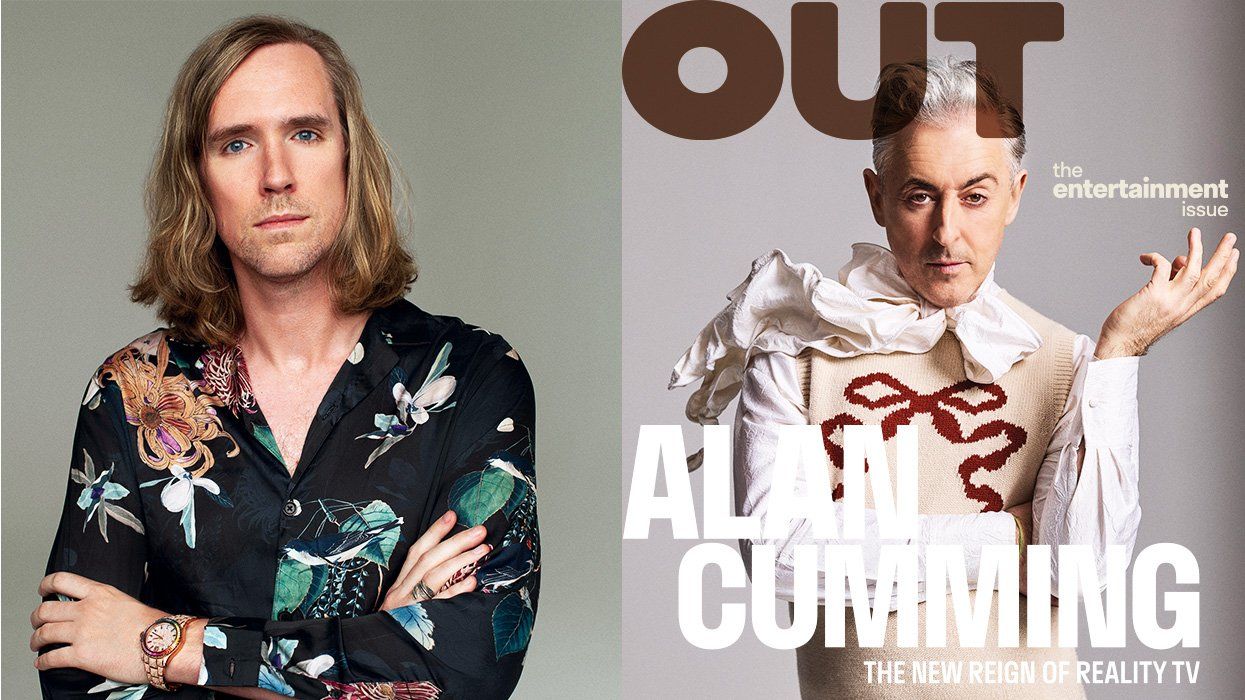
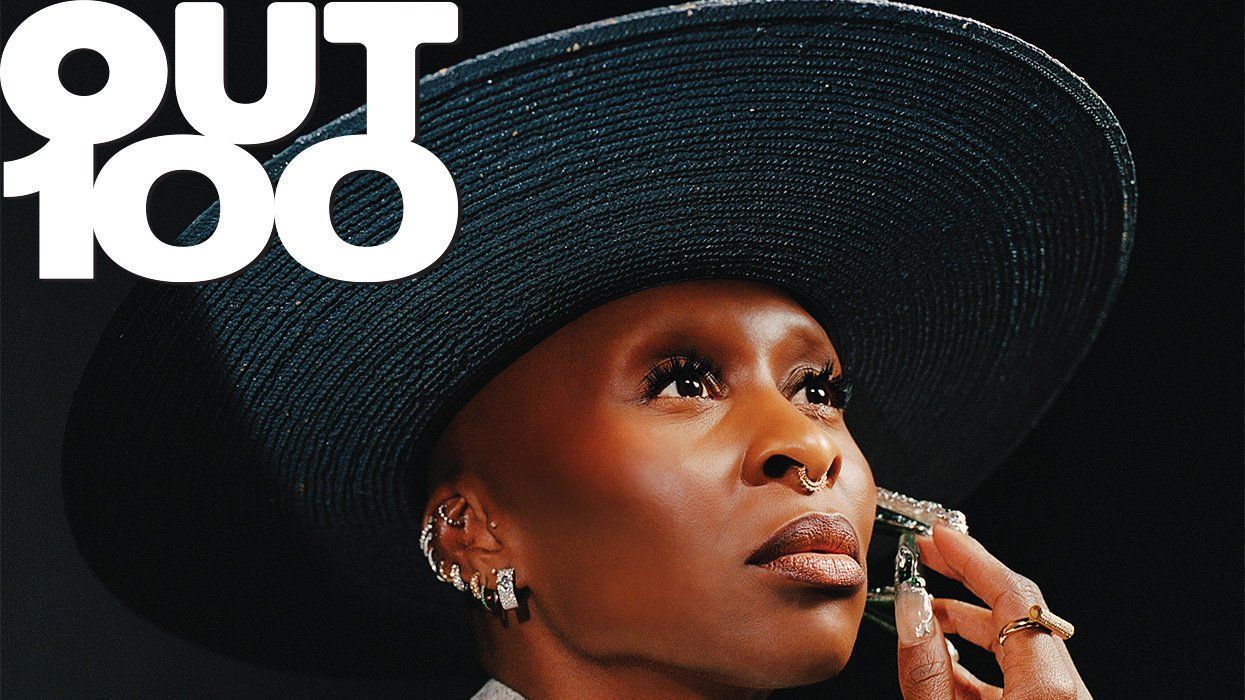

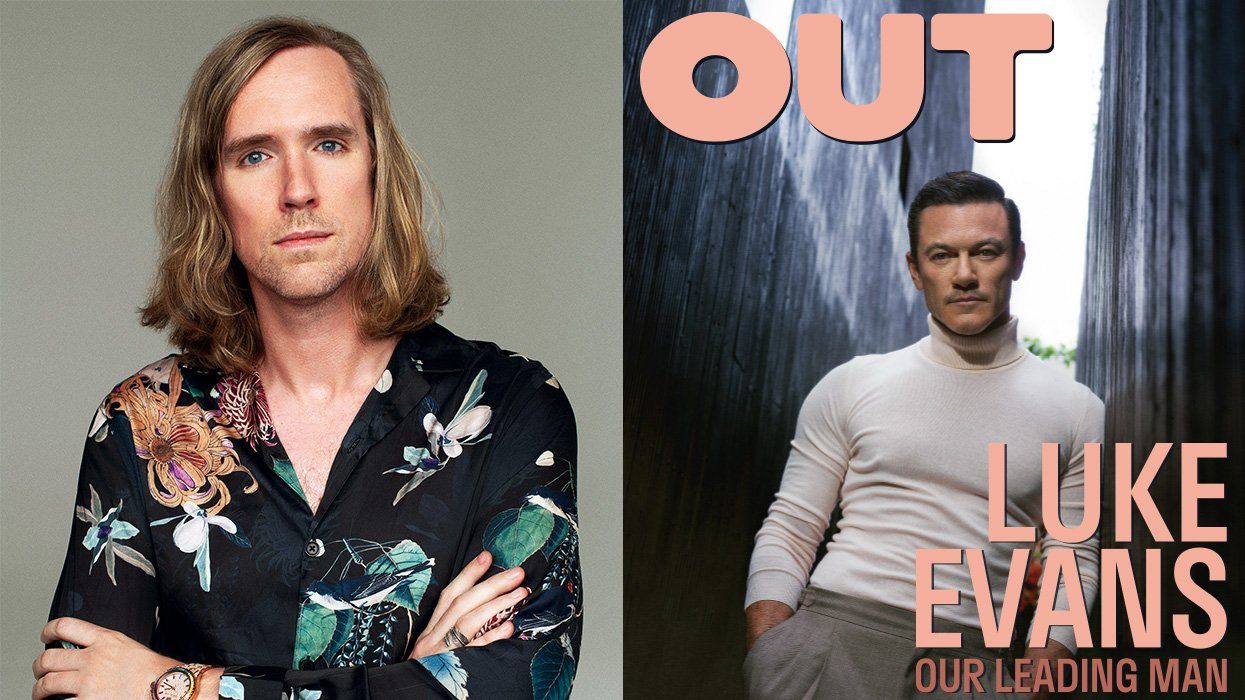
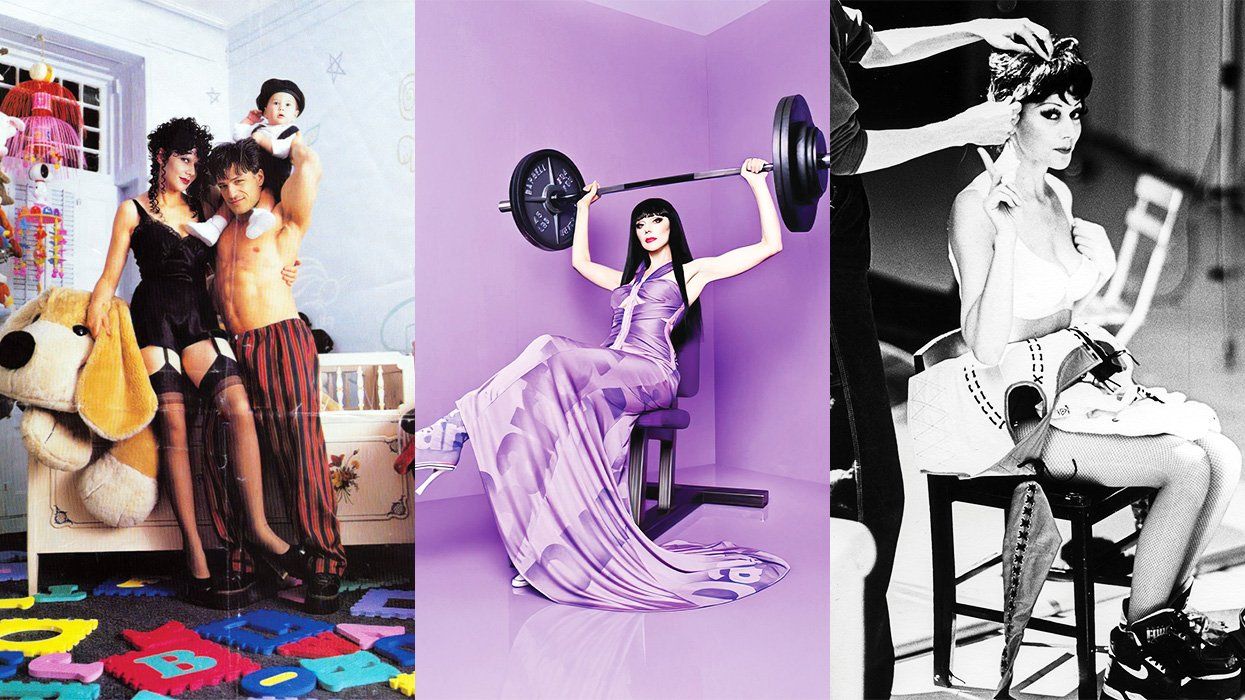
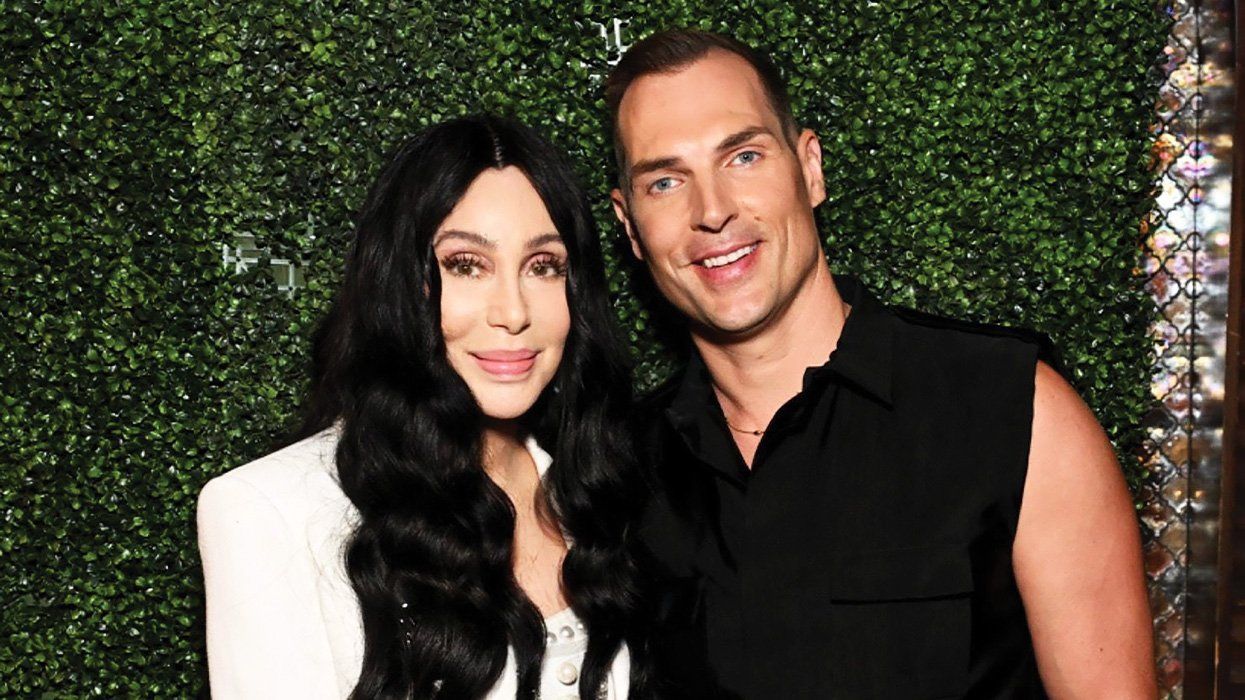

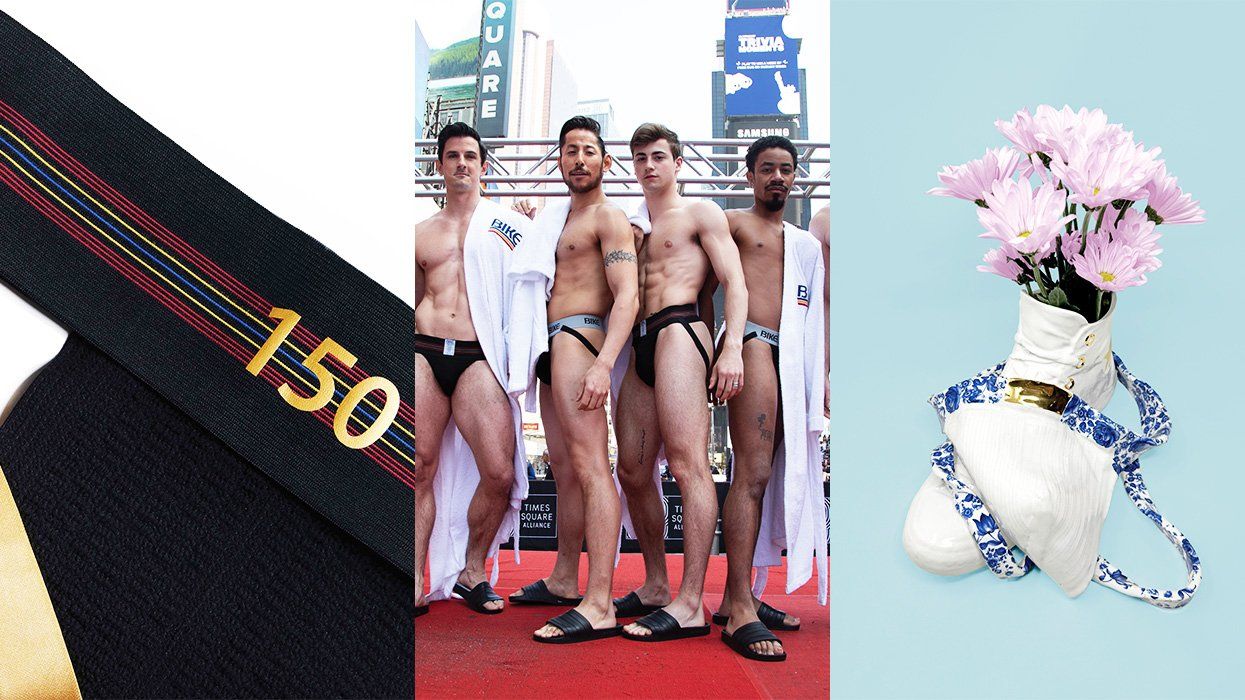
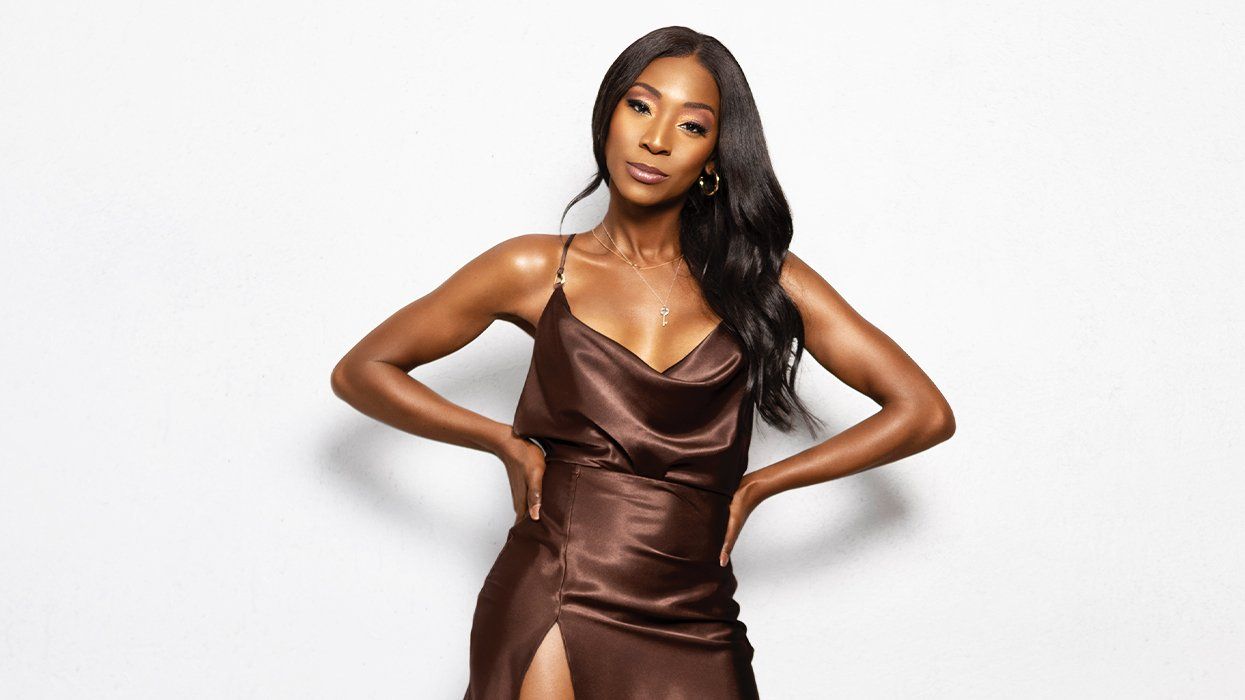
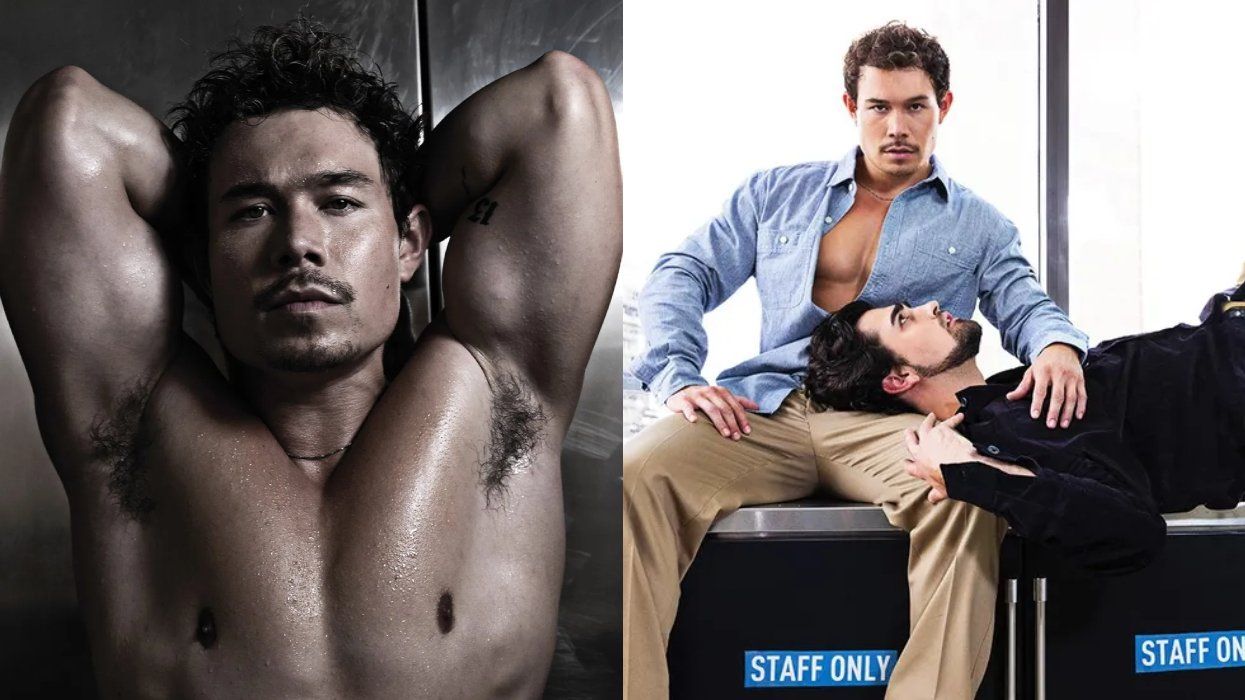
The racist, homophobic, and frightening arrest of Don Lemon
Opinion: It’s not a coincidence or an accident that Lemon, and other Black journalists were targeted by the Trump Justice Department, writes John Casey.